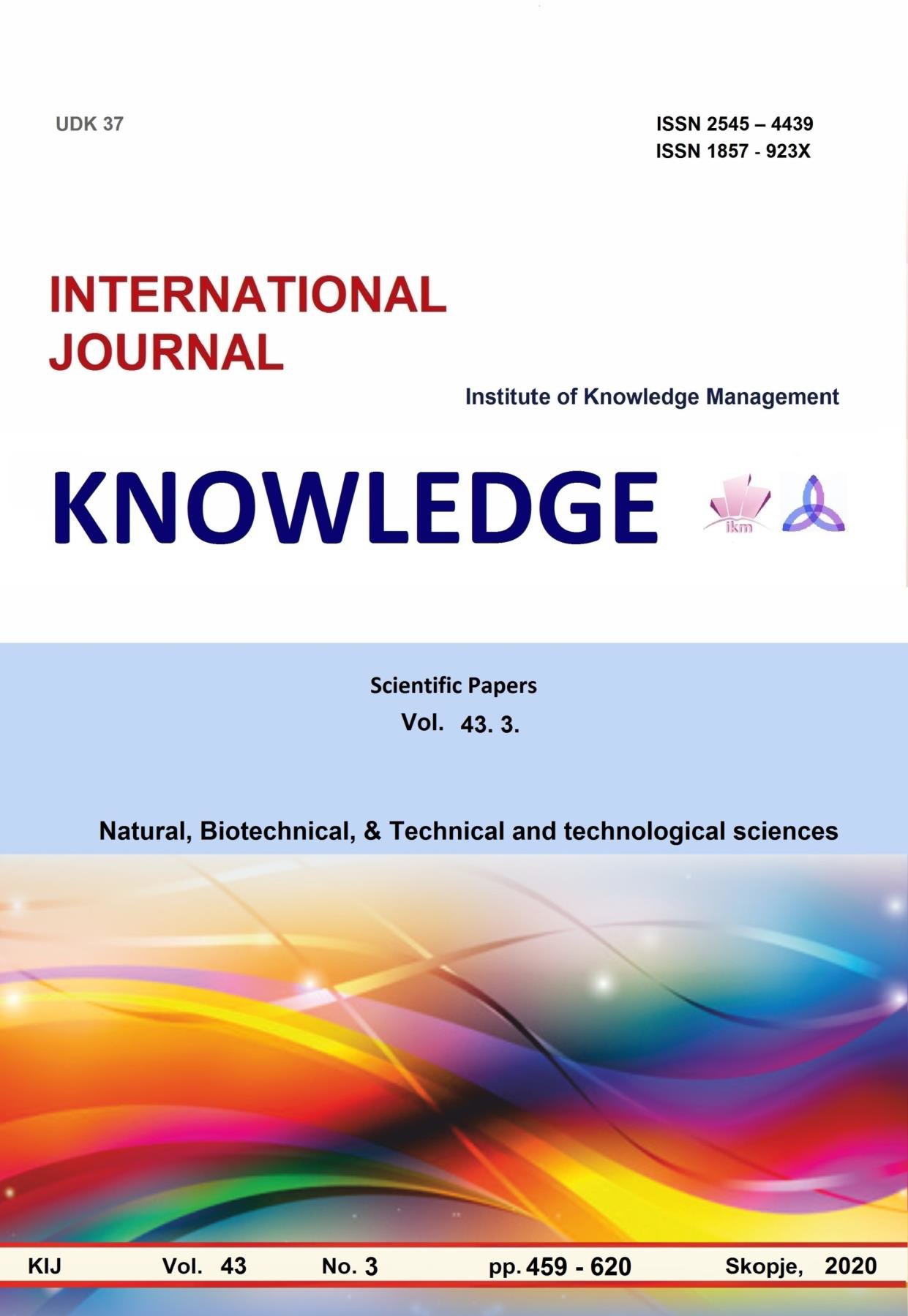RELATIONSHIP BETWEEN WATER POLLUTION AND ECONOMIC GROWTH IN THE REPUBLIC OF KOSOVO
RELATIONSHIP BETWEEN WATER POLLUTION AND ECONOMIC GROWTH IN THE REPUBLIC OF KOSOVO
Author(s): Alili Imrlije, Afrim AliliSubject(s): Social Sciences
Published by: Scientific Institute of Management and Knowledge
Keywords: pollution; economic growth; watershed; waste; Republic of Kosovo
Summary/Abstract: The continuous development of the economy of the Republic of Kosovo has been followed by a large number of polluting emissions, affecting the quality of the water basin, which has undergone significant changes. In order to study the effects on the country's watershed and economic development as a result of a pollutant discharge, this paper analyses the relationship between economic growth and pollutant emissions in the Republic of Kosovo. The aquatic ecosystem is being endangered by the trend of development such as increasing pollution, especially urban, industrial and agricultural, energy generation, tourism, creation of irrigation dams, deforestation in watersheds, obtaining aggregates for construction, etc. Wastewater emissions and waste collected by industry and its basic units, as well as municipal waste resulting from incomplete and inadequate management failures can generate many negative effects. To further examine the relationship between pollutants and economic development, conventional pollutant emissions and economic development trends have been studied. It has been found that the relationship between industrial wastewater discharge and Gross Domestic Product (GDP) is more coordinated, that is, industrial wastewater emissions with the development of the economy show a variable trend. The paper aims to highlight urban impact on further environmental degradation by suggesting ways to reduce the impact of pollution in the Republic of Kosovo. Analysis and assessment of the natural and biological condition of rivers is very important and necessary for their protection, use and improvement. The aquatic environment of rivers is constantly changing and for this purpose field researchers insist and direct their goals in identifying modifying factors and finding ways to establish natural balances in them. The data used in the research are collected from the database of the Kosovo Agency for Statistics (KAS), the Ministry of Environment and Spatial Planning (MESP) and the Kosovo Agency for Environmental Protection (KEPA).
Journal: Knowledge - International Journal
- Issue Year: 43/2020
- Issue No: 3
- Page Range: 515-521
- Page Count: 7
- Language: English

